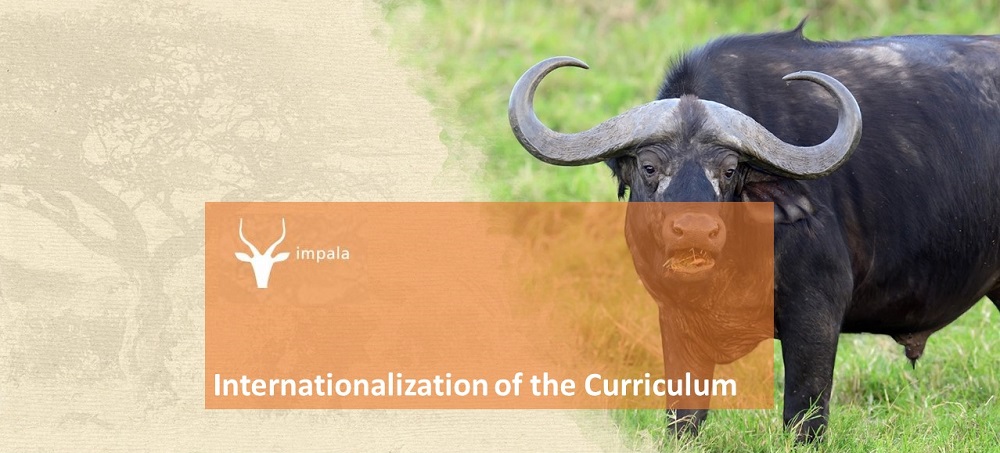In recent years, internationalization policies have become a priority of higher education institutions worldwide. Nevertheless, intercultural education programmes are still scant, when in fact they should be seen as foundational not only to any internationalisation efforts, but to the training of all graduates.
So what are some of the essential concepts of intercultural education, presented during the IMPALA training week in Cape Town in March 2017?
Culture
The first concerns the concept on culture, defined as the values, beliefs, behaviours and meanings shared by any group of people, however small. Cultures therefore are not only defined at national or ethnic level, but also at the level of neighbourhoods, sports clubs, families or professional groups, to mention but a few.
These are what Holliday (1999, 2011) refers to as ‘small cultures’, a more useful concept that helps us move away from national or ethnic stereotypes. Seen in these terms, individuals often belong to several cultural groups, and adhere more or less strongly to the beliefs, values or behaviours that define each of them. The concept of small cultures makes it is also easier to see how cultures are negotiated and changed by its members. Thus, individuals are not the product of a particular culture (rather, the opposite), and no individual should be seen as the sole representative of any particular cultural group.
Identity
Linked to this is the concept of identity: our sense of belonging to different social groups, each with its own small culture, implies the development of multiple identities, which become salient in certain context but not in others: my identity as a sportswoman and player in a soccer team, may be irrelevant in my professional context, or during a family reunion.
Language
Finally, if cultures and identities are negotiable and socially constructed in interaction with others, we need to understand the role that language plays in this process. And with the concept of language comes that of power, and of the imbalance that exists between individuals and social groups in their ability to negotiate their own identities, ascribe identities to others, or contest the identities that others ascribe to them.
Intercultural competence
So what does it mean to be interculturally competent? First of all, it implies being aware of the fact that knowing about the cultures of others is not enough. It means being constantly aware of the fact that in any particular cultural group there is inhomogeneity, fragmentation and contradiction. It requires not reducing others to less than what they are, and recognizing in them the plurality that we often recognize in ourselves. It entails acknowledging the identities that our interlocutors consider salient in a particular context, and acting accordingly.
These are essential competences for any graduate today, relevant both when moving in a global environment and when operating within our own societies and communities.
References
Holliday, A. (1999) Small Cultures. Applied Linguistics 20 (2): 237-264. doi:
10.1093/applin/20.2.237
Holliday, A. (2011). Intercultural communication and ideology. London: Sage


